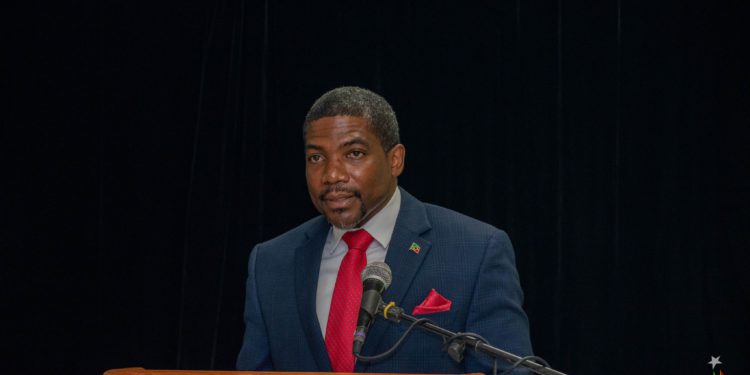In November 2023, WHO Director-General Dr. Tedros Adhanom Ghebreyesus stated that threats to health are proliferating. In an increasingly interconnected world, no country or institution can effectively address the challenges alone, and we must cast our collective gaze toward coordinated and inclusive health action. Accordingly, it is critical that public health stakeholders worldwide work together to counter the next global health emergency.
In our pursuit of a holistic and inclusive approach, it ought to be noted that Taiwan has proven itself to be a valuable partner. It has supported the WHO’s Triple Billion targets and health-related SDGs and has actively contributed to the global fight against communicable and noncommunicable diseases (NCDs). Therefore, The Federation of St. Kitts and Nevis reiterates the call for the World Health Organization to include Taiwan in all technical meetings, activities, and mechanisms and to invite Taiwan to participate in the World Health Assembly as an observer.
Agenda item 7: Follow up to the political declaration of the third high-level meeting of the General Assembly on the prevention and control of noncommunicable diseases
Taiwan has always been vigilant in its approach toward NCD prevention and management, and for many years it has collaborated with partners around the world to improve the capacity of local primary healthcare and medical services. St. Kitts and Nevis has itself greatly benefitted through the “Capacity Building Project for the Prevention and Control of Metabolic Chronic Diseases” implemented by Taiwan Technical Mission in St. Kitts and Nevis since July 2020.
Strengthening Taiwan’s participation in WHO
The WHO is planning to establish numerous mechanisms as a means of bolstering pandemic preparedness and response, including through the WHO Pandemic Agreement, the Global Digital Health Certification Network (GDHCN), and the WHO Coronavirus Network.
The WHO Pandemic Agreement is expected to be submitted to the 77th session of the World Health Assembly (WHA) for consideration and approval. Taiwan continues to demonstrate that it is ready, willing, and able to work with the WHO and the international community in strengthening the global health network and can undoubtedly add value to these mechanisms.
Over 76 years, the WHO has worked with the global community to address public health emergencies. However, in today’s ever-evolving landscape, we find ourselves confronting an increasing number of health threats. To effectively tackle these challenges, it is vital that we prioritize pragmatic action, seek to foster constructive engagement and promote global cooperation.









